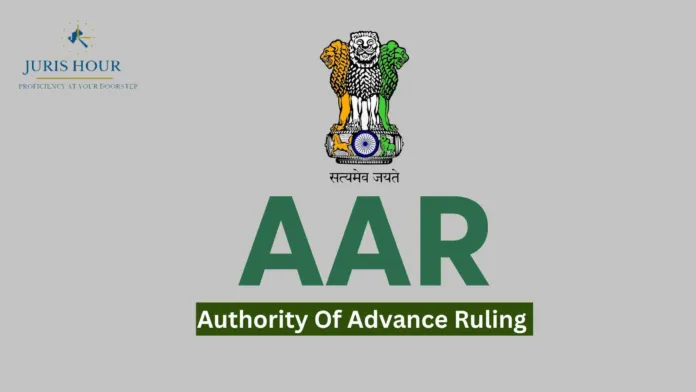Bengaluru-based ride-hailing platform Namma Yatri, earlier granted relief from collecting Goods and Services Tax (GST) on auto-rickshaw rides, may soon find that reprieve reversed.
The Karnataka Authority for Advance Ruling (AAR) has issued a notice suggesting that it could nullify its earlier September 2023 decision that exempted the platform from charging GST, citing possible suppression or misrepresentation of facts by its former parent company, Juspay Technologies.
The development follows Juspay’s decision to transfer Namma Yatri to a subsidiary, Moving Tech Innovations, as a “going concern.” In a notice dated June 19, the AAR stated that the previous ruling was applicable only to Juspay and its jurisdictional GST authorities, and indicated that it might be voided on grounds that the ruling was obtained without full disclosure.
A hearing is scheduled for June 27, where both Juspay and Moving Tech Innovations have been asked to present their arguments.
In the 2023 ruling, the AAR had held that Namma Yatri, unlike platforms such as Ola and Uber, operated under a software-as-a-service (SaaS) model and thus was not required to collect GST on fares. The model involves charging drivers a fixed subscription fee to use the platform, without taking a per-ride commission — the latter being the basis for the 5% GST charged by traditional aggregators.
However, with ownership of the business shifting to a new entity, the AAR now questions the validity of its earlier decision.
Some experts view this move as highly unusual. Former additional commissioner of commercial taxes and ex-AAR chairperson HD Arun Kumar told ET that the authority does not possess the power to recall its own order. He added that such reversals typically occur only through appeals or reviews by higher forums. He also criticized the language of the notice, calling it vague and “a clumsy attempt to negate a Parliament-sanctioned, business-friendly provision.”
The dispute comes at a time when the Central Board of Indirect Taxes and Customs (CBIC) is under pressure to resolve long-standing inconsistencies in GST treatment for app-based transportation services. Platforms such as Uber, Ola, and Rapido have raised concerns about the lack of clarity and a level playing field, especially under Section 9(5) of the CGST Act — which mandates ecommerce operators to collect and remit GST on specified services, including passenger transport.
Uber India had moved the Karnataka High Court seeking clarification on the applicability of this section, prompting the court to direct CBIC to consult all stakeholders and arrive at a uniform position.
The uncertainty has stifled innovation and investment in the sector, with several ride-hailing firms adopting different models — including subscription-based approaches — in an effort to navigate regulatory ambiguity. Rapido, Ola Consumer, and Uber (for autos only) have all experimented with subscription services, hoping to avoid the GST burden that comes with per-ride commissions.
As the regulatory landscape continues to evolve, the outcome of the June 27 hearing could have far-reaching implications for platform-based mobility services across India.

